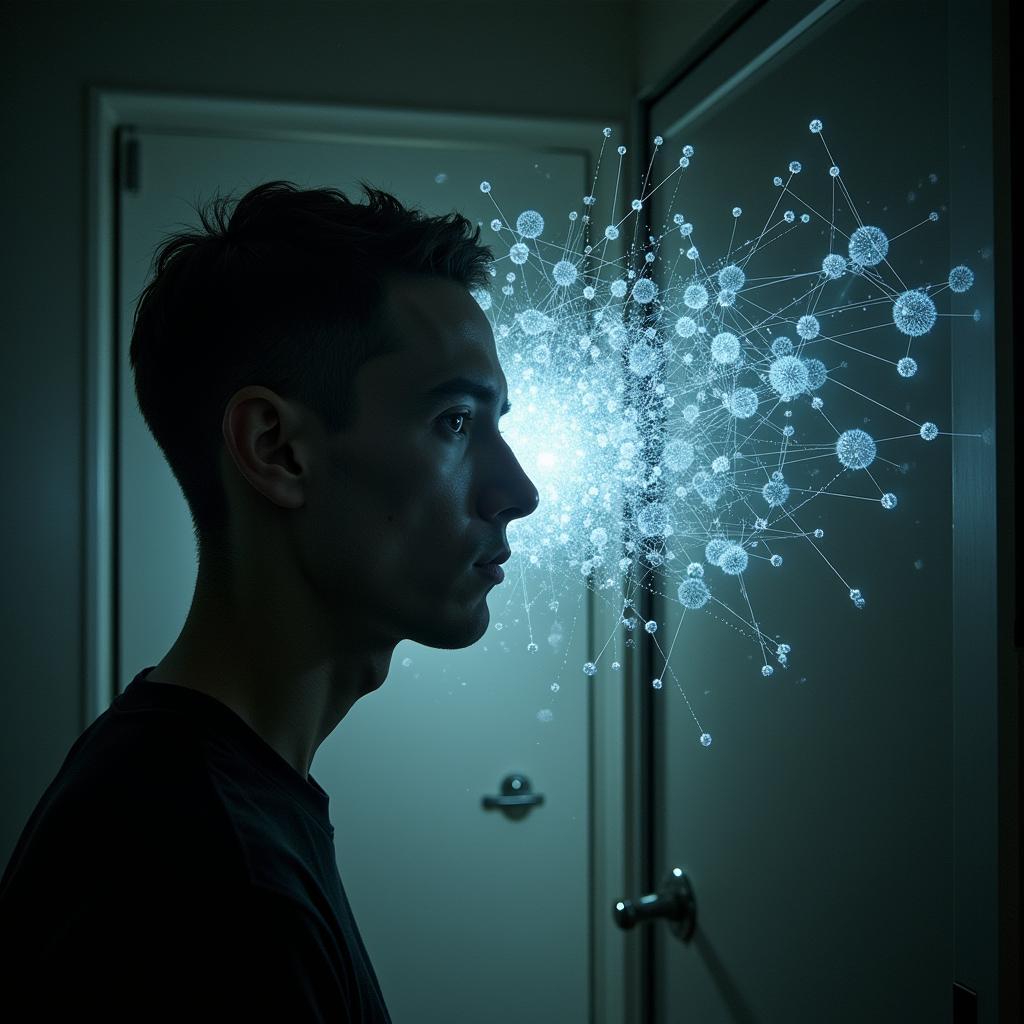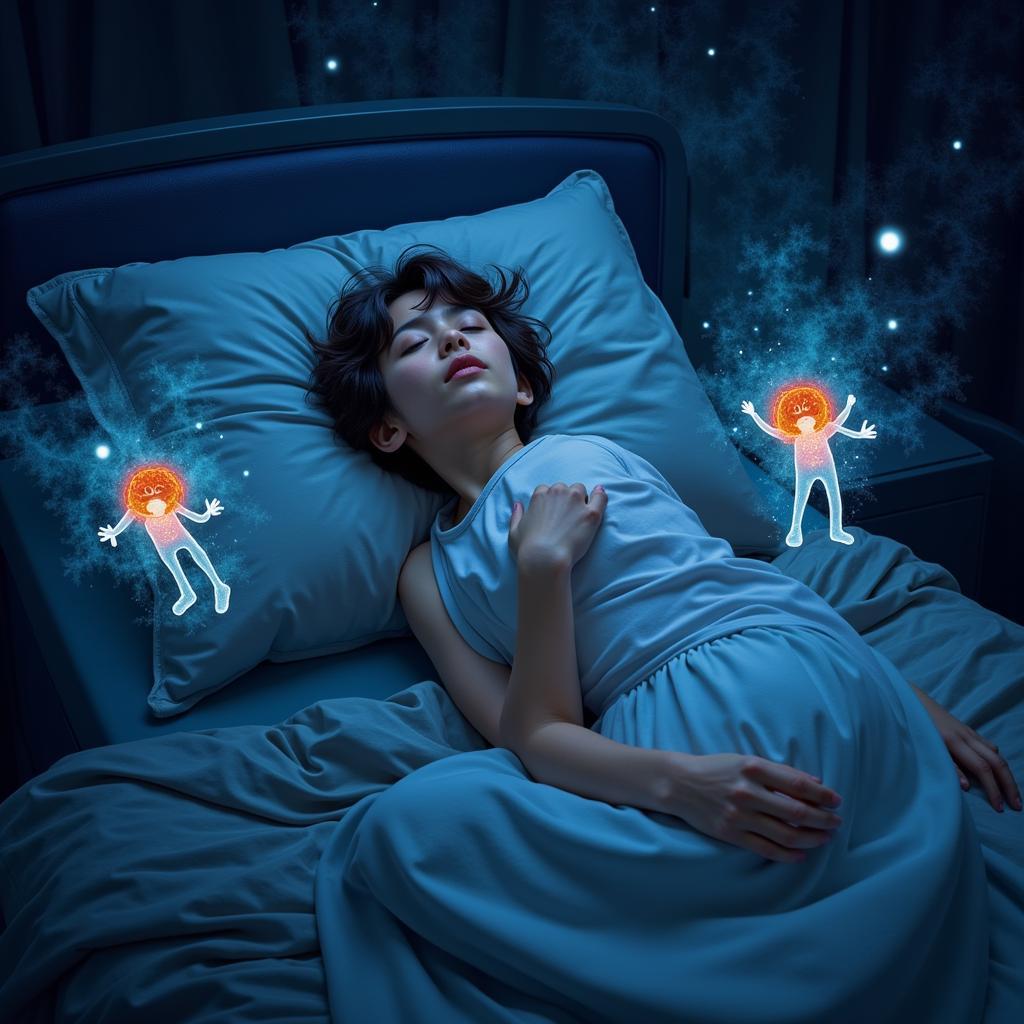Research Scientist Psychology delves into the fascinating intersection of scientific inquiry and the human mind, often venturing into uncharted territories like the paranormal. This field explores how our minds perceive, interpret, and interact with unexplained phenomena, examining the psychological factors that contribute to belief and experience in the supernatural.
Within the realm of research scientist psychology, the study of paranormal beliefs and experiences offers unique insights into human cognition, perception, and the social influences that shape our understanding of reality. What drives individuals to believe in ghosts, ESP, or other unexplained occurrences? How do psychological factors, such as suggestibility and cognitive biases, contribute to these beliefs? These questions lie at the heart of paranormal research within psychology.
Psychological Factors Influencing Paranormal Beliefs
Several key psychological factors contribute to belief in the paranormal. One prominent factor is cognitive bias, specifically confirmation bias. This refers to our tendency to seek out and interpret information that confirms our existing beliefs while dismissing evidence that contradicts them. For example, someone who believes in ghosts might interpret a creaking floorboard as evidence of a spectral presence, ignoring more mundane explanations.
Another contributing factor is suggestibility. This refers to the degree to which individuals are influenced by the suggestions of others. In the context of the paranormal, suggestibility can lead people to believe they have experienced something supernatural when, in reality, it was a result of external suggestion or social pressure.
 Research Scientist Psychology: Cognitive Bias in Paranormal Beliefs
Research Scientist Psychology: Cognitive Bias in Paranormal Beliefs
The Role of Perception and Memory
Research scientist psychology also examines the role of perception and memory in paranormal experiences. Our perception of the world is not always accurate, and our memories are prone to distortions and inaccuracies. These factors can contribute to misinterpretations of sensory information, leading to what are perceived as paranormal experiences. For instance, sleep paralysis, a common sleep disorder, can induce hallucinations and feelings of terror, which some individuals may interpret as a ghostly encounter.
 Research Scientist Psychology: Perception and Memory in Paranormal Experiences
Research Scientist Psychology: Perception and Memory in Paranormal Experiences
Research Methodologies in Paranormal Psychology
Research people employ various research methodologies to investigate paranormal claims. These include controlled experiments, surveys, and case studies. While some researchers attempt to directly measure paranormal phenomena, others focus on understanding the psychological and social factors that contribute to belief and experience.
Famous research studies often involve investigating reported hauntings or exploring claims of psychic abilities. These studies aim to discern whether there is any scientific basis for these claims or if they can be explained by psychological or environmental factors.
The Skeptical Perspective in Research Scientist Psychology
Many research scientists approach the paranormal with a healthy dose of skepticism. While acknowledging the genuine experiences reported by individuals, they emphasize the importance of rigorous scientific investigation and critical evaluation of evidence. As Dr. Emily Carter, a prominent researcher in the field, states, “It’s crucial to approach paranormal claims with a critical eye, seeking natural explanations before jumping to supernatural conclusions.”
CLF research and the Brigham Research Institute are examples of organizations that promote scientific investigation of paranormal claims. They emphasize the importance of using established scientific methods to evaluate evidence and avoid biases.
Conclusion
Research scientist psychology offers a valuable lens through which to examine the paranormal. By exploring the psychological factors that influence belief and experience, we can gain a deeper understanding of the human mind and how it interacts with the unknown. Research scientist psychology encourages continued exploration of these phenomena while emphasizing the importance of rigorous scientific inquiry. While the mysteries of the paranormal continue to intrigue us, research scientist psychology provides a framework for understanding these experiences within the context of human psychology.
Research sampling frame is another important concept in this field.
FAQ
- What is the role of psychology in paranormal research?
- How does cognitive bias influence paranormal beliefs?
- What are some common psychological explanations for paranormal experiences?
- What research methods are used in paranormal psychology?
- What is the skeptical perspective on paranormal claims?
- How can I distinguish between a genuine paranormal experience and a psychological phenomenon?
- What are some resources for learning more about paranormal psychology?
Need Help?
For assistance with your Paranormal Research or inquiries, please contact us:
Phone: 0904826292
Email: [email protected]
Address: No. 31, Alley 142/7, P. Phú Viên, Bồ Đề, Long Biên, Hà Nội, Việt Nam
Our customer support team is available 24/7.